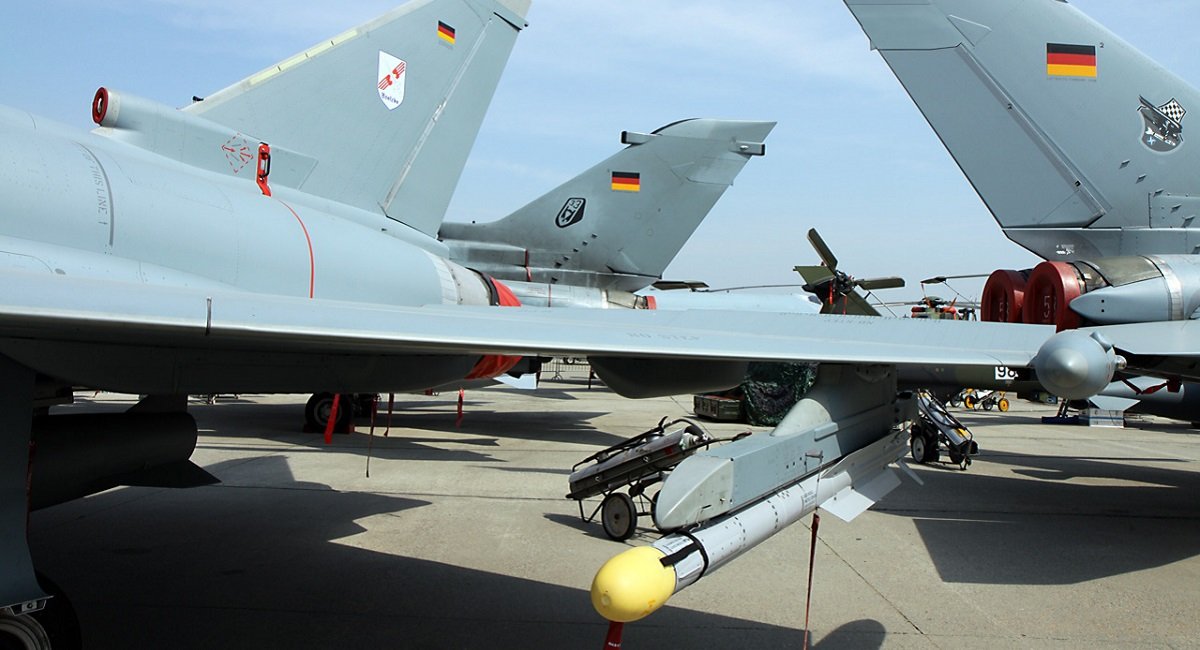

Middle East regional dynamics have made arms exports less compatible with German export regulations.
Over the past ten years the Middle East has become one of the world’s top arms importing regions. Germany accounts for only a small share of these imports, but five Arab countries—Algeria, Egypt, Qatar, Saudi Arabia, and the United Arab Emirates (UAE)—are prominent recipients of German arms and military equipment. According to the German federal government’s official figures, the share of these states’ export licences increased from 9.7 to 19.6 percent between 2010 and 2020, peaking at 41.3 percent in 2017. This is a remarkable development. German guidelines state that arms export licenses should be denied to countries “involved in armed conflict or where such conflict is imminent, where there is a threat of an outbreak of armed conflict, or where existing tensions and conflicts would be triggered, maintained or exacerbated by the export.”
Violent Regional Dynamics
Over the last decade, the main recipients of German arms exports seem to be much more willing to use military means to enforce their interests in the region. The UAE and Qatar have supported militias in Libya since 2011 and the UAE has been directly involved in military activities since the beginning of the Second Libyan civil war in 2014. Egypt, in turn, has been involved in Libya since at least 2015 by granting military aid to eastern-based commander Khalifa Haftar’s Libyan National Army and by launching occasional airstrikes. In the early years of the Syrian civil war, both Saudi Arabia and Qatar supported various rebel groups, contributing to the escalation of the conflict and the radicalization of the insurgency. Saudi Arabia also intervened in the Yemeni civil war in 2015, heading a coalition that includes the UAE. Furthermore, 2017 almost saw a direct military confrontation between the Saudi-Emirati alliance and Qatar. It was only in early 2021 that a land, sea, and air blockade imposed by the alliance against Doha was lifted.
Arab states’ foreign policies threaten to become even more militarized in the future. The political situation on the Arabian Peninsula is likely to remain tense despite the end of the Qatar blockade. This is especially true for the relationship between Qatar and the UAE. In view of the unresolved conflict between Egypt and Ethiopia over the Nile river, Cairo could increase its military involvement in its southern neighbourhood. In order to exert influence in the Horn of Africa, Egypt could attempt to establish a military base in the region, similar to the Gulf states, which already maintain bases in Djibouti, Eritrea, and Somalia. In recent years, Algeria has pursued a policy of strict nonintervention, but in early November 2020 it amended its constitution to allow its military to be deployed externally for (broadly defined) multinational peacekeeping missions. According to some analysts, this could be a first step by Algiers to intervene in the Libyan civil war. At the same time, Algeria’s tensions with neighboring Morocco could increase—especially since the United States has recognized Rabat’s sovereignty over Western Sahara—due to Algeria’s support for the Polisario Front there.
Reconciling Exports with Regulations
Against this backdrop, German arms exports are increasingly difficult to reconcile with existing export regulations, making inconsistencies in how the German federal government justifies these exports more and more obvious. This became particularly clear with the extension of the ban on arms exports to Saudi Arabia in December 2020. Initially, the ban came as a consequence of the murder of Saudi journalist Jamal Khashoggi, but the recent extension is more likely connected to the ongoing war in Yemen, although the federal government has not given a clear reason for its decision. What makes this approach somewhat absurd, however, is that naval equipment already produced for Saudi Arabia is now being delivered to Egypt, a country with a similarly problematic human rights record and military aspirations.
It is therefore hardly surprising that criticism of Germany's export practices comes no longer from the opposition alone but from within the government itself. In January 2021, the federal government’s Human Rights Commissioner sharply criticized German arms exports to Egypt, pointing to ongoing human rights violations in the country. The pressure to modify Germany’s export practices is thus growing and could also be intensified by the change in U.S. policy regarding the Yemen war. With parliamentary elections in September 2021, Germany is likely to conduct a fundamental review of arms exports to Algeria, Egypt, Qatar, Saudi Arabia, and the UAE.
Stephan Roll is Head of the Middle East and Africa Research Division at the German Institute for International and Security Affairs.



